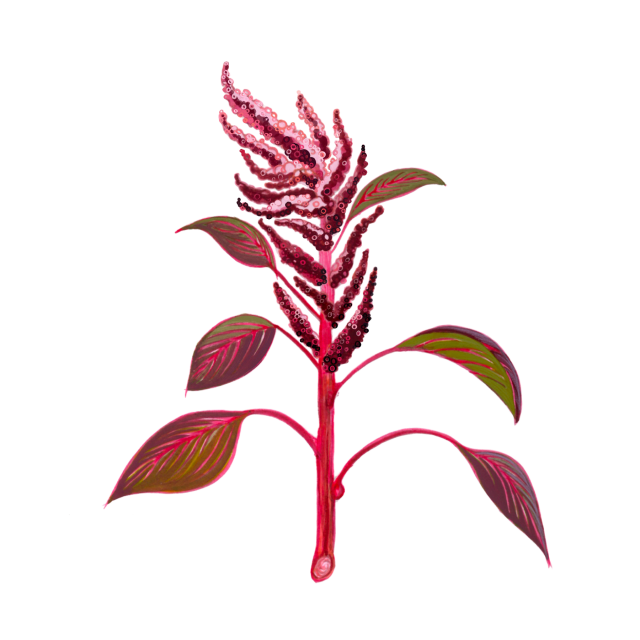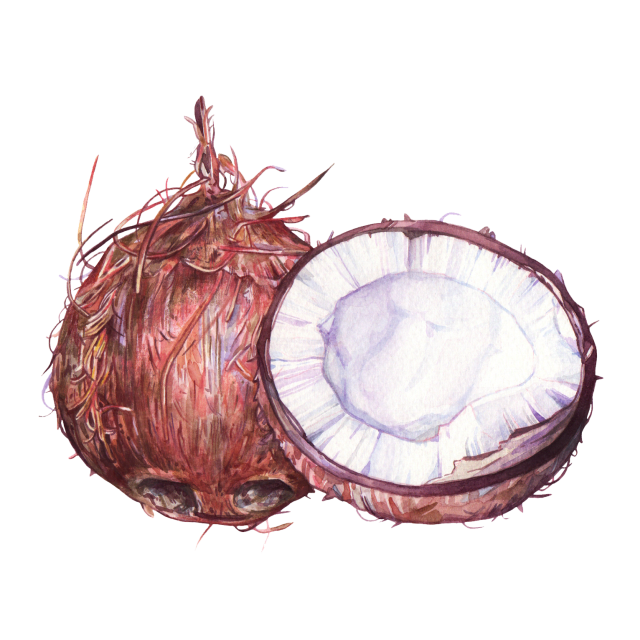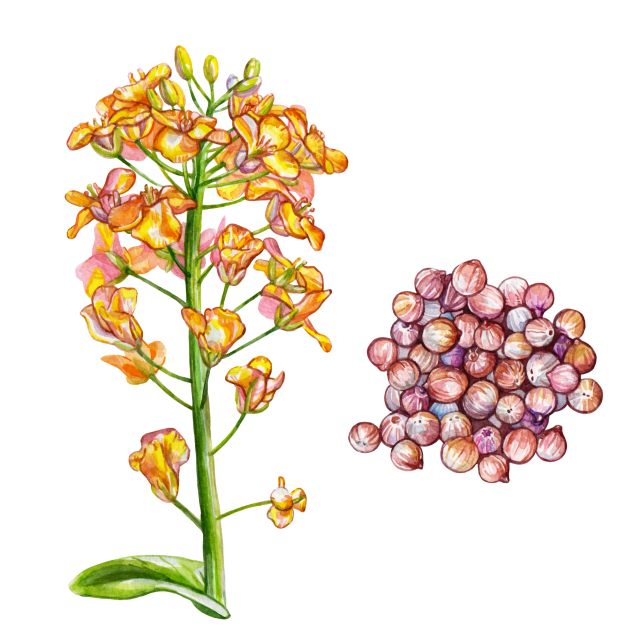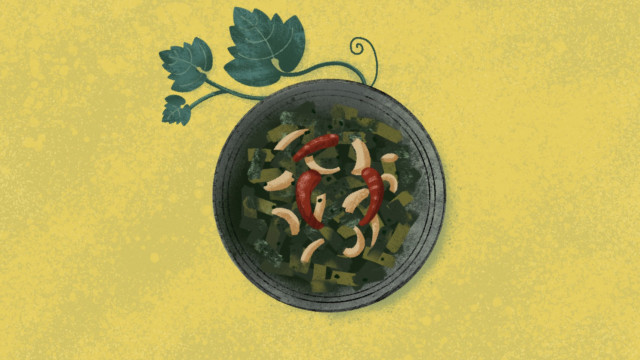
Tambdi & Methi Bhaji

Tambdi & Methi Bhaji
Description
Ayurveda values bitter foods (tikta rasa) for their detoxifying properties. This recipe combines seasonal bitter greens like kale, amaranth, and fenugreek with coriander and kokum. Coriander provides vitamins A and K, plus anti-inflammatory oils. Kokum's antioxidants aid inflammation and weight management. The greens offer fiber, amino acids, minerals, and carotenoids for eye health.
Ingredients
4 SERVES
- 2 Tbsp (25 ml) coconut oil
- 2 sprigs curry leaves
- 2 tsp black mustard seeds
- 2 tsp ground coriander
- 1 to 3 green chiles, chopped
- 4 to 5 pieces soft kokum, chopped
- 6 cups (500 g) tambdi (amaranth) leaves, chopped
- 1 cup (100 g) methi (fenugreek) leaves, chopped
- ½ cup fresh grated coconut, or frozen unsweetened coconut or rehydrated desiccated coconut
- 1 tsp pink salt
- Roasted coconut chips to garnish (optional)
Directions
-
Step 1
Gently heat the coconut oil in a large pan, dropping in the curry leaves, mustard seeds, and coriander. -
Step 2
Once the mustard starts to pop, add the green chiles and kokum and sautée briefly on medium heat. Add the amaranth and methi and sauté on medium to low heat until the leaves have reduced to half their size. Leaves tend to get more bitter the more they’re cooked, so don’t overdo it. Add salt, adjusting to taste. -
Step 3
Turn off the heat and mix in the grated coconut. Serve garnished with roasted coconut chips.
About the author
More by Moina Oberoi

Ayurveda Rasas
Learn to cook with the six rasas of Ayurveda through five simple recipes.

Beet Millet Pulao
Sweet doesn’t always mean dessert! In Ayurveda, the madhura rasa (sweet taste) is associated with energy-giving foods, like this millet pulao recipe from Moina Oberoi.

Candy Cane Beet & Carrot Kanji
Kanji is a refreshing, hydrating, probiotic Indian drink, packed with the goodness of carrot and beet. The most important ingredient is the winter sunlight!







